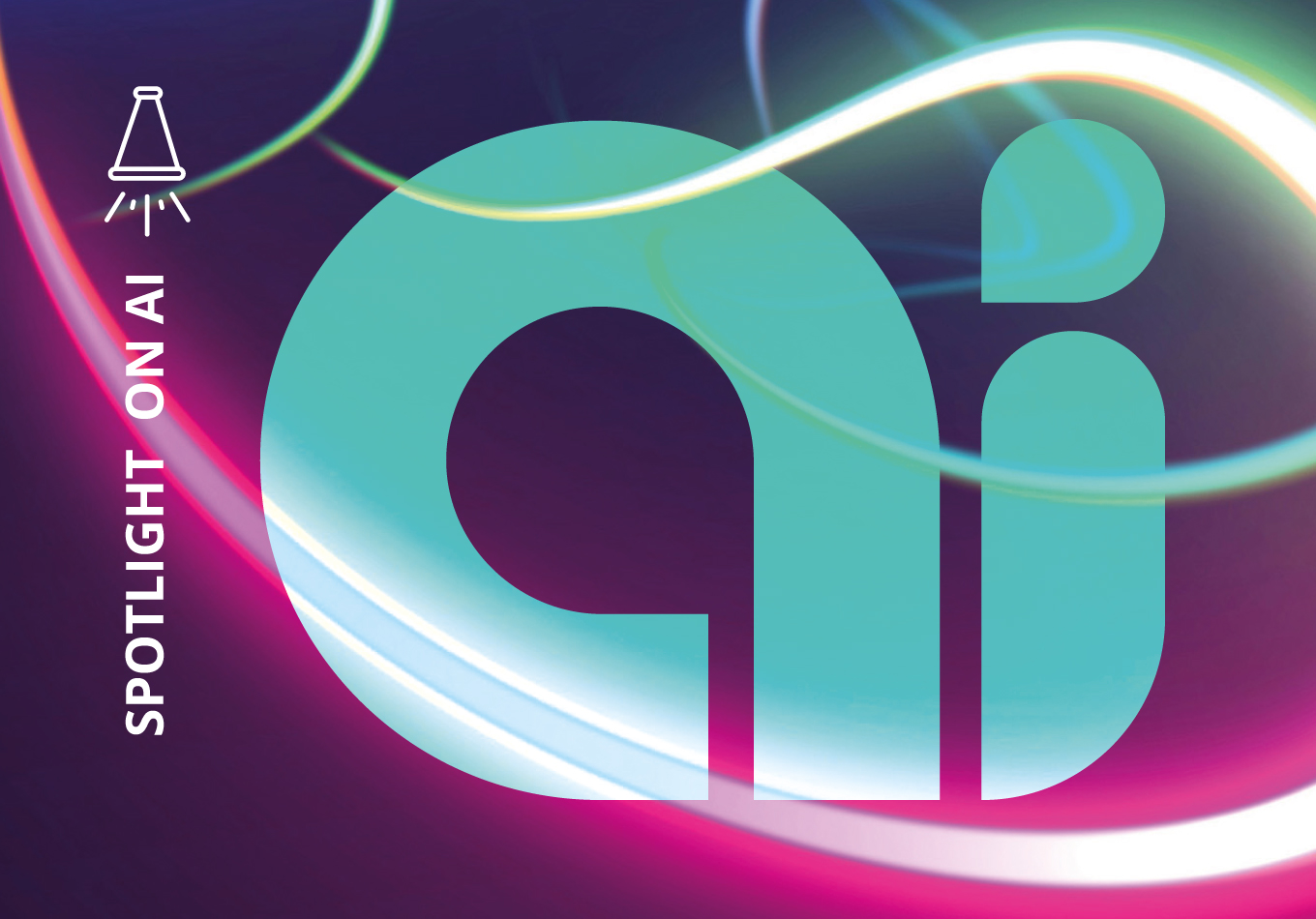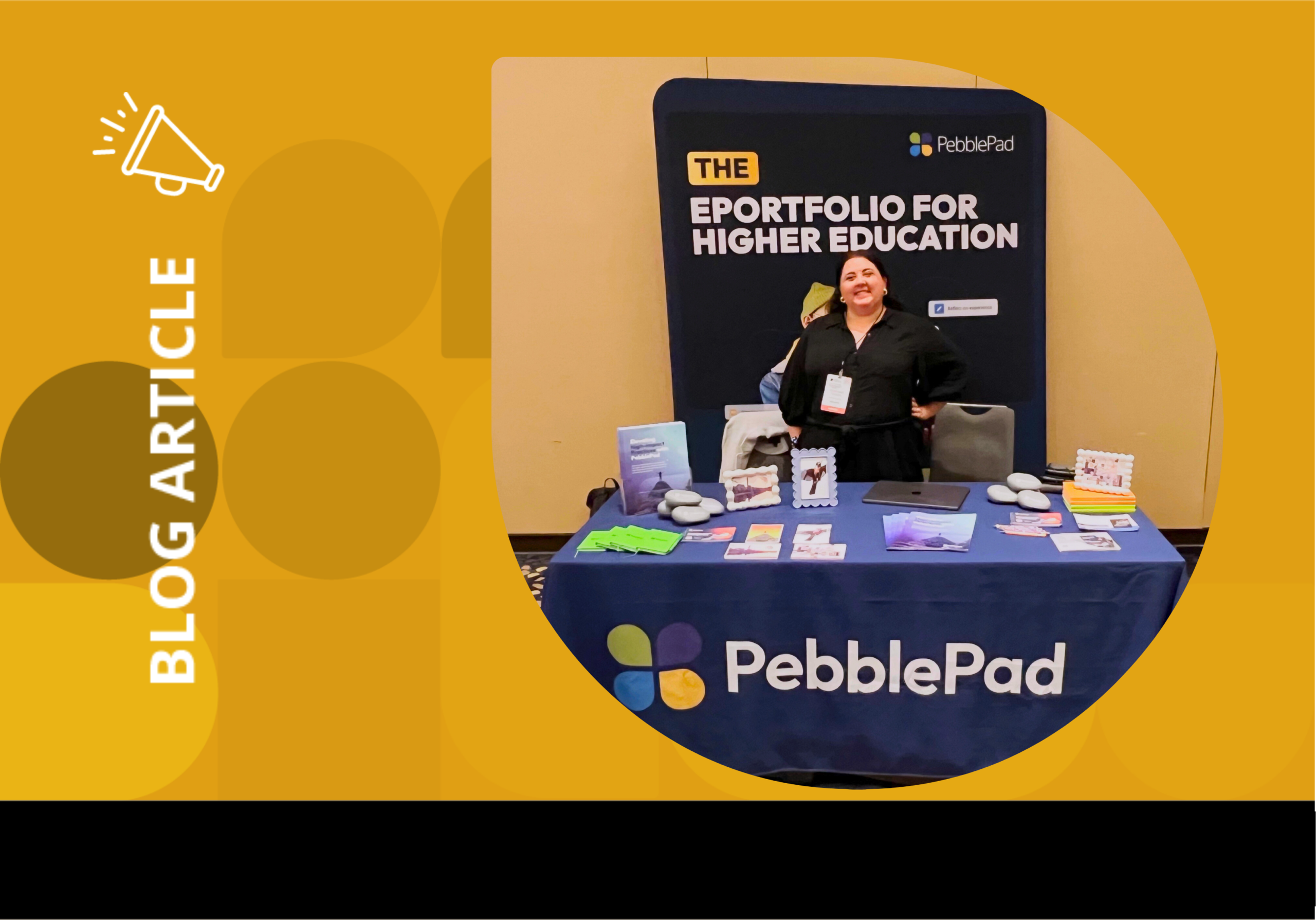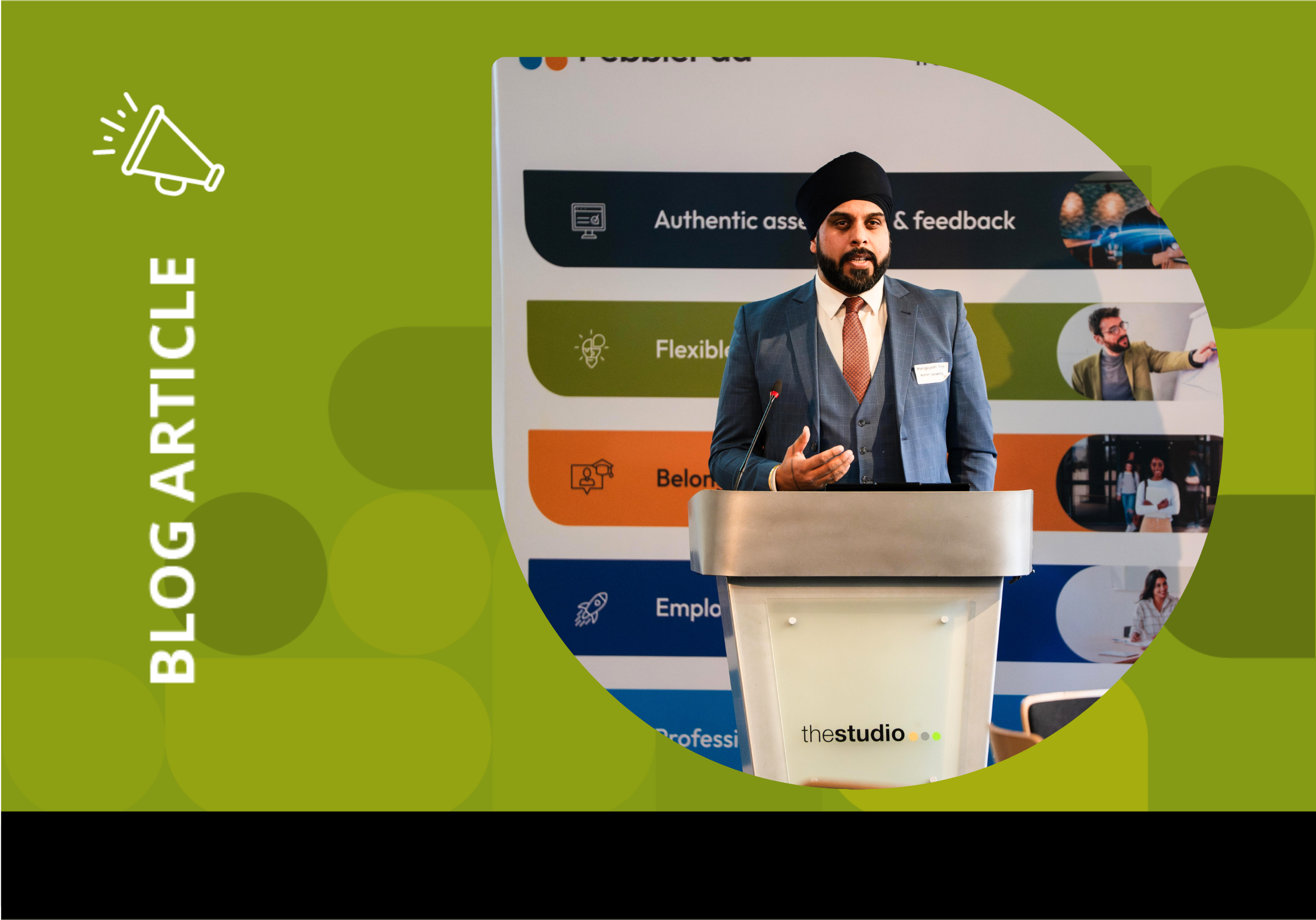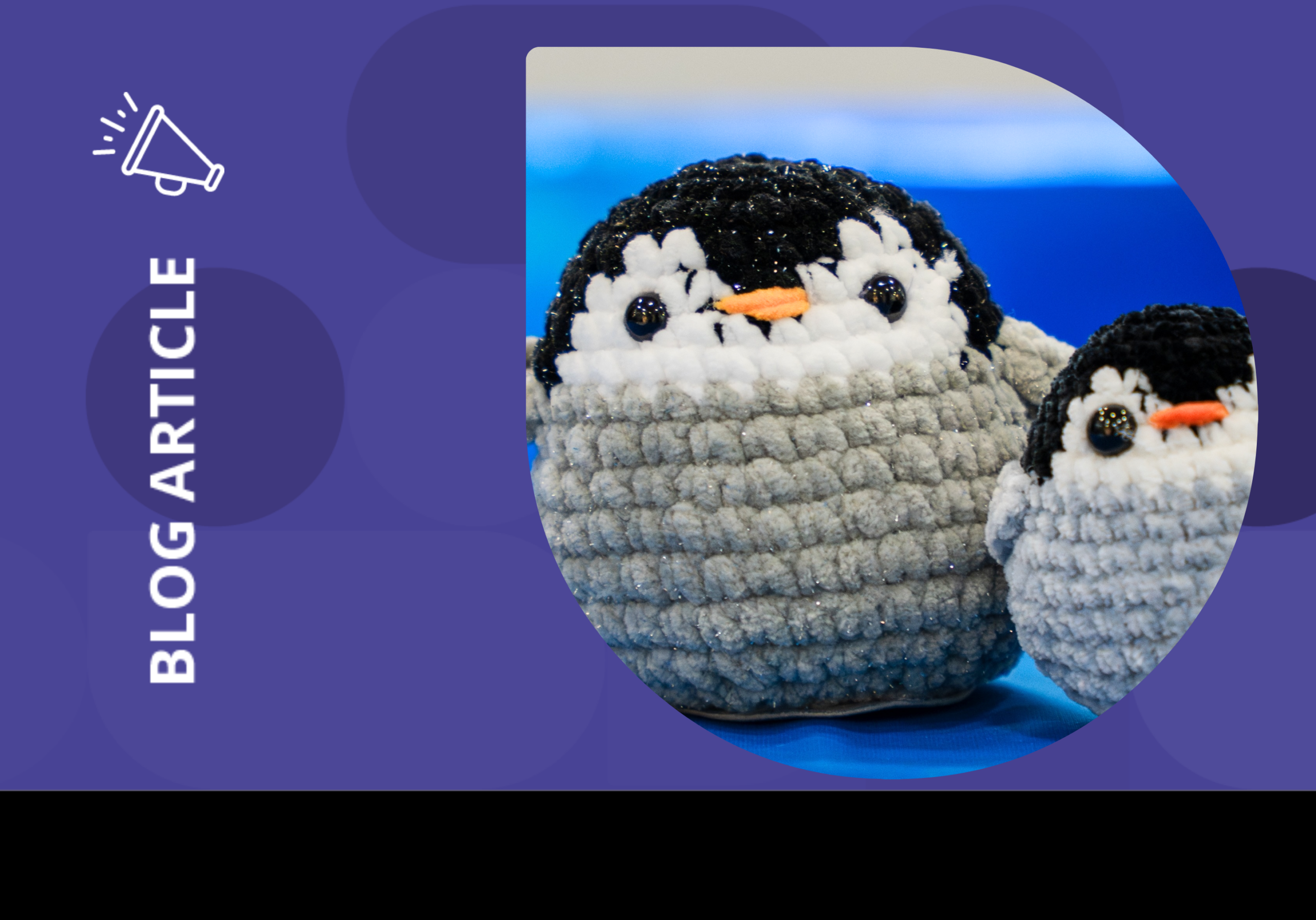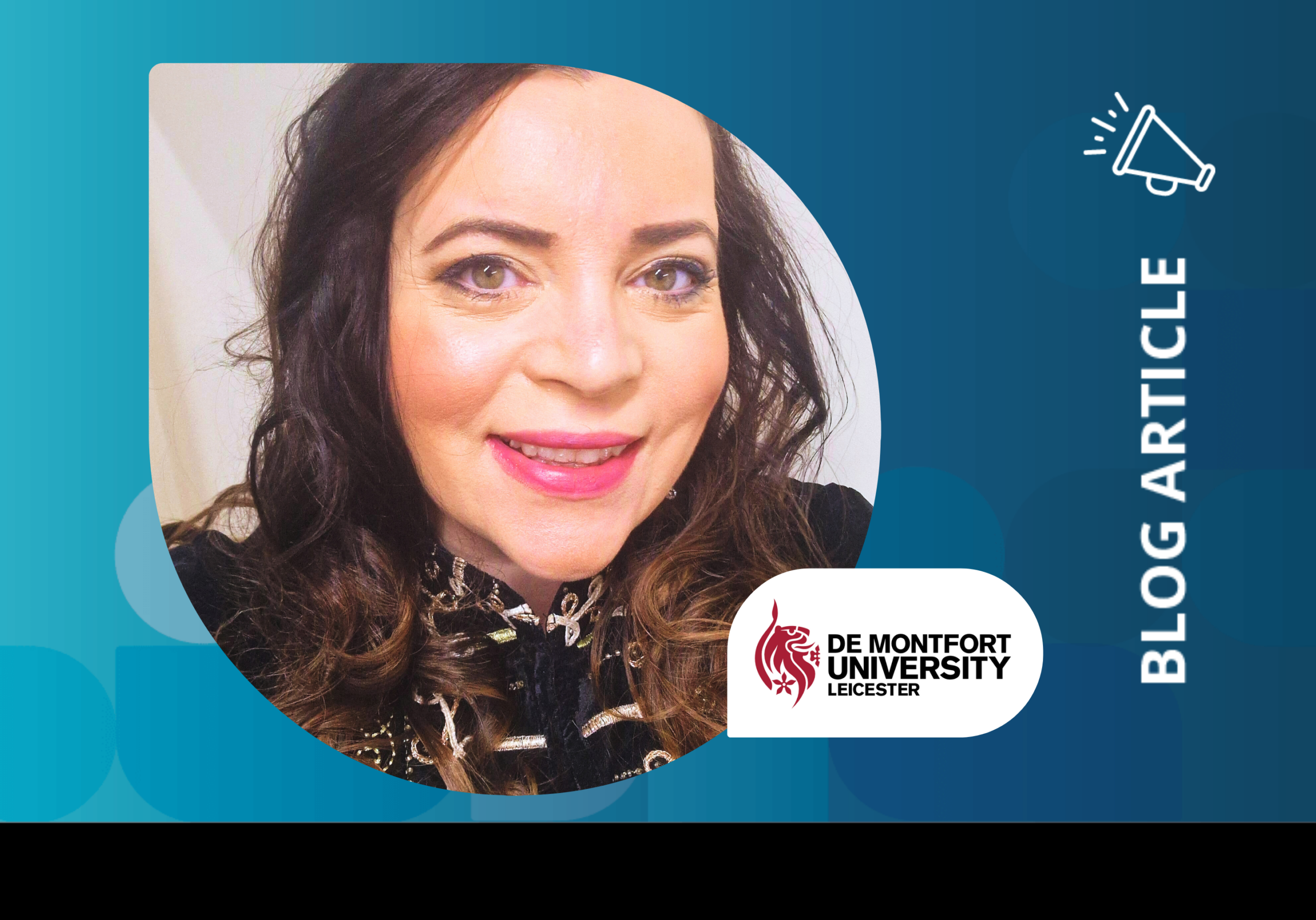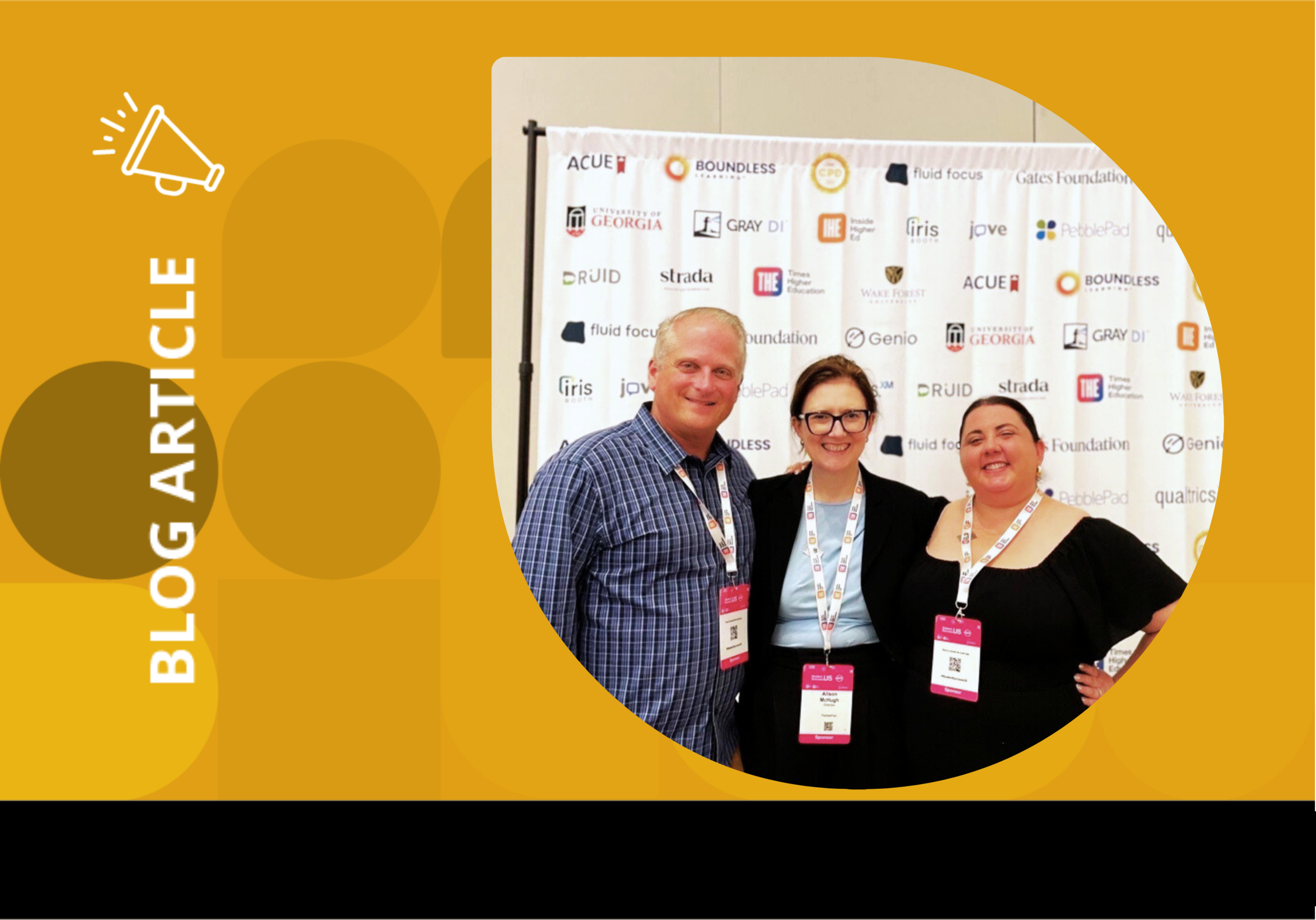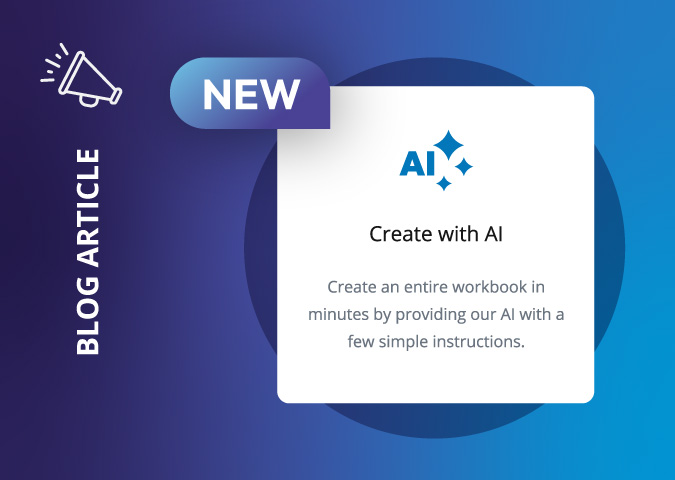As AI reshapes higher education, institutions must embrace authenticity, reflection and capability-building to reinvent themselves. Here, PebblePad CEO, Justin Reilly, shares his vision for how responsible use of AI can unlock greater trust, quality and purpose in higher education so the sector can thrive in the future.
Since stepping into the role of CEO at PebblePad in April, I’ve had the opportunity to take stock – not just of our company – but of the higher education landscape more broadly. What I see is a sector in flux, facing foundational pressures that go far beyond cyclical disruption.
I’ve spent more than 30 years working across the education spectrum – from K-12 through to higher education and interprofessional learning – on a global stage. And I can say, without hesitation: this moment feels different.
Pressure from all sides
The challenges confronting higher education today are converging, fast. Budgets are tightening. Enrollment numbers are falling in key regions. The value proposition of a degree is under real scrutiny – not just from students, but from parents, governments and employers.
Add to this the explosive rise of generative AI and you get something deeper than disruption: you get a moment of existential questioning. What is higher education for? What is authentic learning? How do we prove it?
Plagiarism is dead
Let’s be frank. Plagiarism, in the traditional sense at least, is ‘over’. Why copy someone else’s words when tools like ChatGPT can generate plausible content in seconds? The problem isn’t cheating anymore – it’s that we’re clinging to outdated ideas of what authentic assessment looks like in a world where machines can mimic output but not experience.
If we continue to measure student success through tasks that can be easily outsourced to AI, we’re not just inviting inauthenticity – we’re rewarding it. But this is also where the opportunity lies.
Reinvention, not retrenchment
Crises, if approached boldly, are opportunities for reinvention. And higher education is overdue for one. The role of universities must shift – from delivering information to cultivating capability; from issuing credentials to enabling students to tell a verifiable story of growth and potential. That’s where PebblePad comes in.
We don’t just help students “show their work” – we help them evidence who they are becoming. Our ePortfolio platform enables learners to build a crumb trail of authentic assessment, feedback, achievement and reflection – mapped to curriculum outcomes, professional standards or competency frameworks. Such evidence gives credibility to the student’s learning and learning journey, no matter the context.
Within the current higher education landscape, PebblePad isn’t just a supportive solution. It’s an engine that drives authentic learning; a foundational tool for institutions who need to guarantee the trustworthiness of student outcomes in an uncertain, AI-influenced world. In other words, it’s becoming a necessity.
Irrelevance – the real threat
Let me also be transparent about this blog itself: I’ve used AI in developing it. Not to outsource my thinking, but to augment it. For me, AI fuels curiosity – helping me explore opposing ideas and reflect more deeply. This is part of my own reflective learning and practice – something I deeply value, and something our platform actively supports.
My thoughts are real. The tool just helps me express them more clearly. This, in itself, is the shift we need to embrace. AI isn’t inherently a threat to education – it’s a tool. And like all tools, it’s about how we use it.
If students can use AI to produce higher-quality work, faster, then maybe we should be stretching them more – not scaling back. Let’s challenge them to reflect more deeply, think more critically and engage more personally with what they’re learning. Let’s evolve the curriculum to better prepare students for a world where productivity is augmented, and relevance is earned through insight, not repetition.
If we get this right, AI becomes an amplifier – not just of speed, but of depth, quality and connection. And students become more capable, confident contributors from the very first day they enter the workforce.
Our own learning journey
This mindset isn’t just something we promote externally. Over the past few weeks at PebblePad, we’ve been exploring how AI can meaningfully enhance our own ways of working – across teams, across functions, across disciplines. This isn’t about replacing people to chase profit. It’s about helping every individual do more of what matters, more effectively, in service of our customers.
We’re using AI to improve internal productivity, yes – but always with the goal of amplifying human creativity, judgment and impact. The same principles we apply to learner development apply to how we grow as an organisation. And we are currently exploring with our customers how AI might help them create, update and maintain their own internal PebblePad work processes.
A future worth building
So yes, higher education is being challenged – from budgets to enrolment to AI. But we shouldn’t just survive this moment. We should use it. To ask better questions. To build stronger systems. To create more authentic, meaningful and verifiable learning experiences that actually reflect the world students are entering.
At PebblePad, we’re not just responding to change – we’re helping lead it. With learning technologies and tools that support learning as a deeply personal journey, with an unshakeable foundation of evidence and reflection. And with a commitment to shaping a more credible, capable and connected future for education.
Because in the age of AI, trust matters more than ever. And authenticity isn’t optional – it’s everything.


